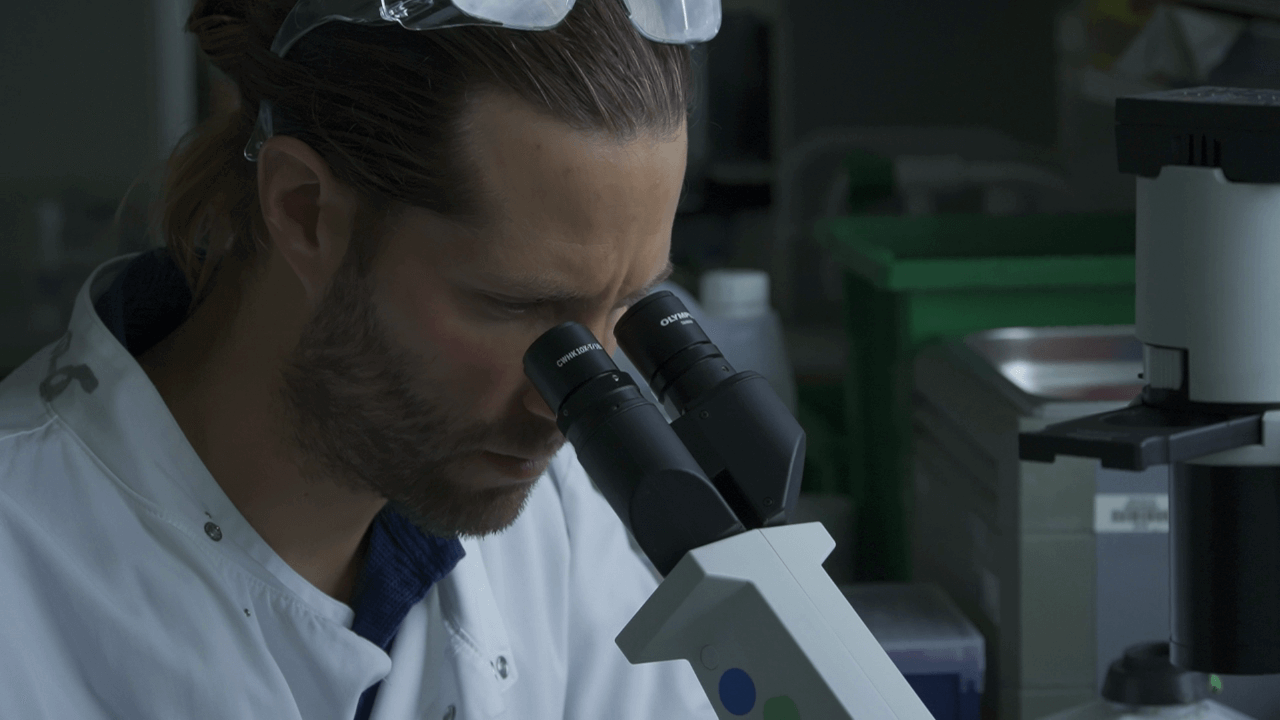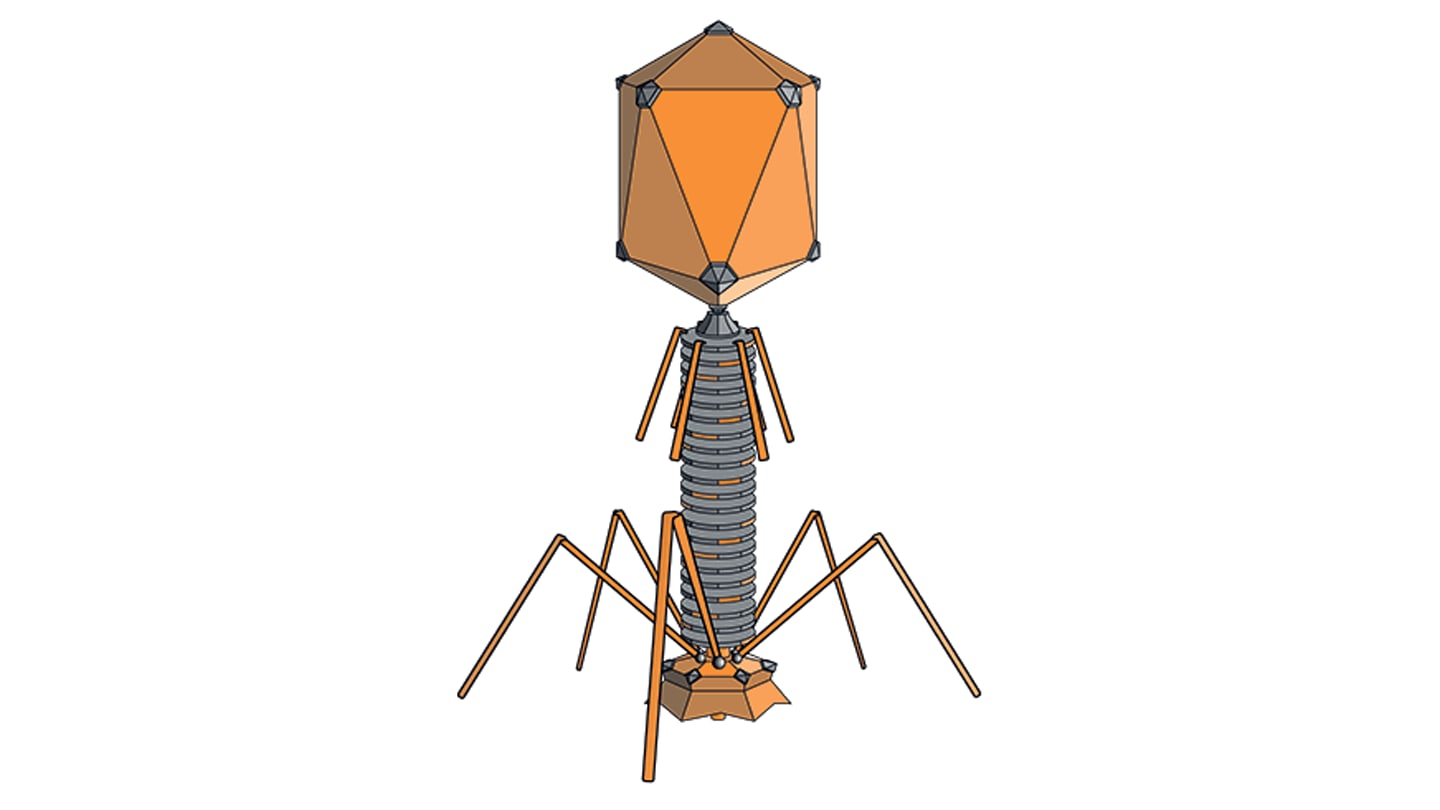Mental health disorders are the leading cause of disability worldwide and despite the starkly apparent need for novel treatments, a lack of understanding of the diversity of these disorders, as well as the processes underpinning them, have contributed to the steady decline of neuropsychiatric drug development programmes (by 70 percent) over the last decade. Another challenge faced by drug developers is the dearth of relevant pre-clinical models to test new hypotheses. To fully appreciate the complexities of neuropsychiatric disorders, there is no substitute for the human brain, but taking live brain samples from patients is a significant stumbling block for researchers!
But what if blood cells could be used instead? Researchers at the University of Cambridge, UK, and international collaborators have shown that peripheral blood cells taken from patients with schizophrenia can be used to identify drug targets (1).
“Despite their functional differences from neuronal cells, peripheral blood cells have multiple signalling pathways that are conserved across the cell types. By exploiting the signalling pathways, which are potentially relevant to the pathogenesis of mental health conditions, we have identified an ideal environment in which to test drugs,” explains Santiago Lago, a postdoctoral research associate at the University of Cambridge.

The team used high-content functional screening to reveal novel functional drug targets, which are not observable by conventional quantification of genes and proteins in their resting state, and identify potential novel drug candidates These included repurposed compounds such as subtypes of L-type calcium channel blockers and corticosteroids for the treatment of schizophrenia. The functional drug targets can also be used to predict clinical responses to existing treatments.
“With documented safety, pharmacokinetic and administration data in humans, repurposed drugs can reduce the time and cost it takes to bring a new drug to the clinic. This is especially pertinent for neuropsychiatric disorders as it reduces the costly risk of failure, which has dissuaded many pharmaceutical companies from pursuing CNS candidates,” says Lago.
The Cambridge researchers are now looking for clinical partners to test their drug candidates in proof of concept clinical trials, and will also begin to apply their high-content functional screening to other neurological disorders using larger patient groups. Finally, the group aims to explore the potential of their assay for treatment response prediction and personalized medicine applications.
While the group’s study represents a positive step forward for the field, they are aware that the use of blood cells as a surrogate model to discover new drug targets and candidates for neuropsychiatric disorders might be met with some skepticism. “We need as many new approaches as possible given that the essential challenge still remains – to understand the biological basis of neuropsychiatric disorders and design personalized therapeutic strategies for them,” says Lago. “We hope that our research will spark meaningful change to help address the critically unmet needs of patients with mental health disorders.”

References
- SG Lago and J Tomasik et al., “Drug discovery for psychiatric disorders using high-content single-cell screening of signaling network responses ex vivo”. Science Advances, (2019).




